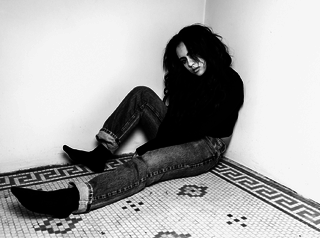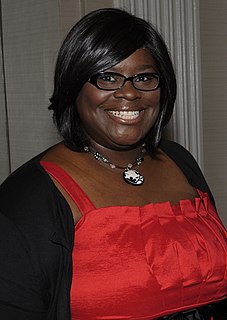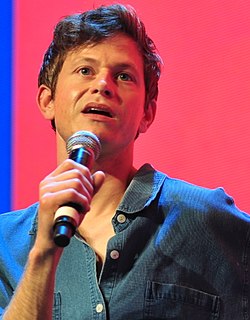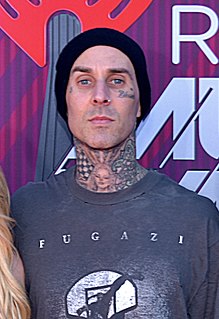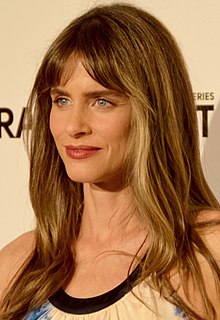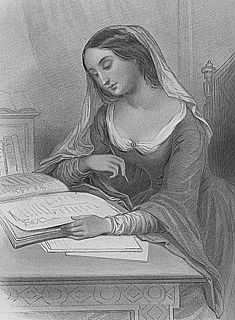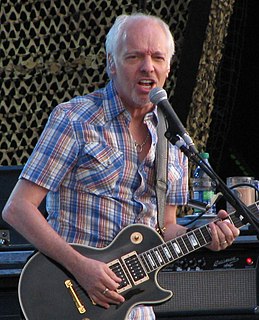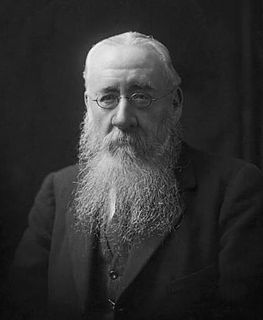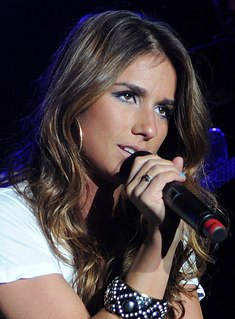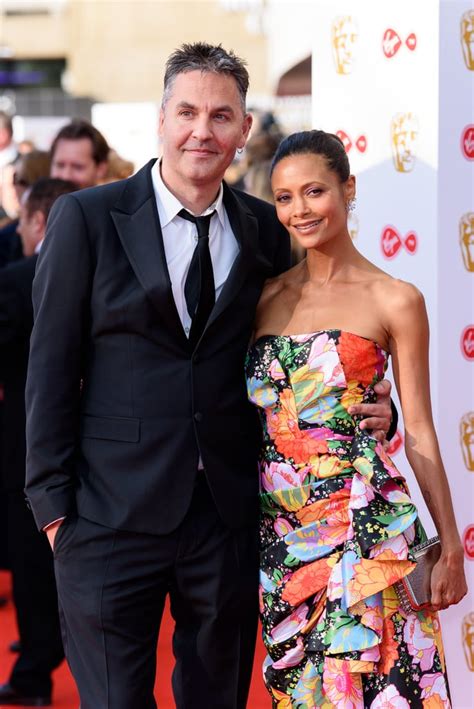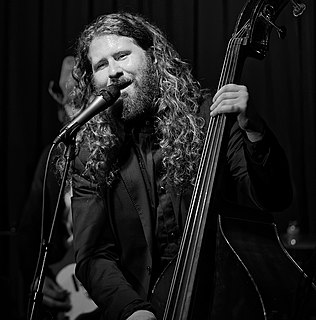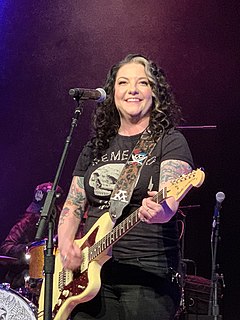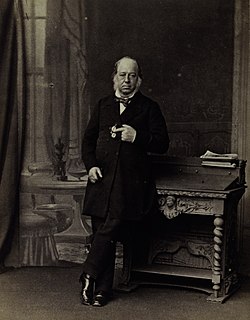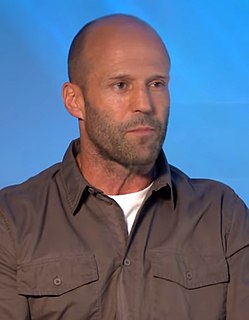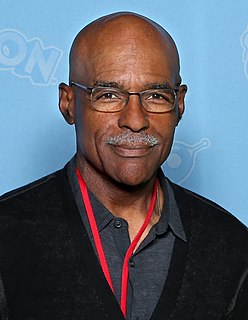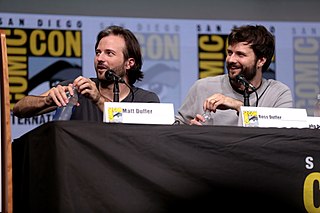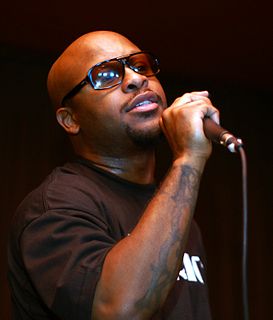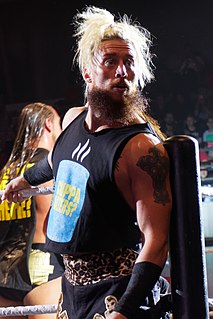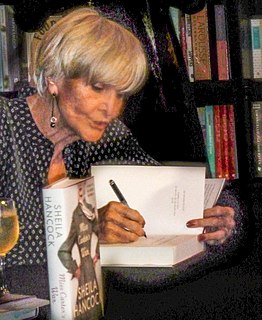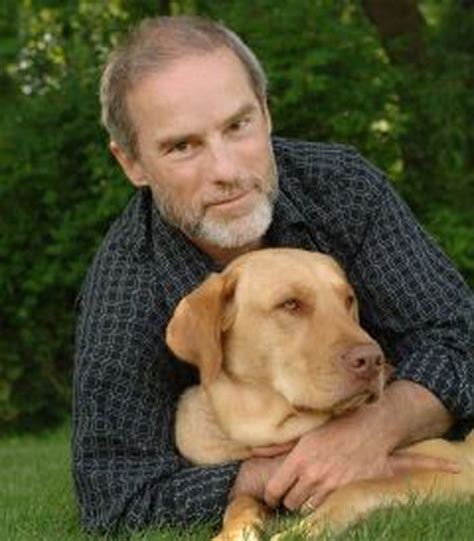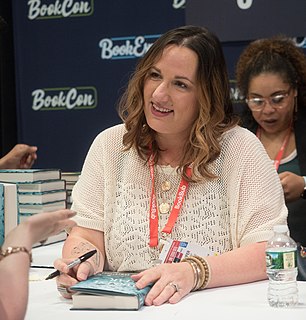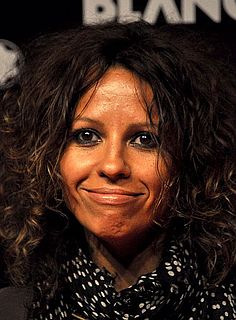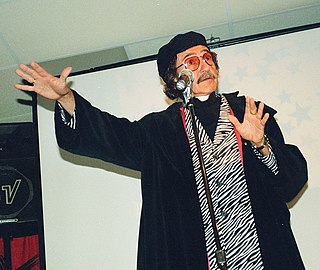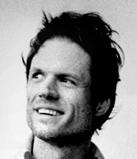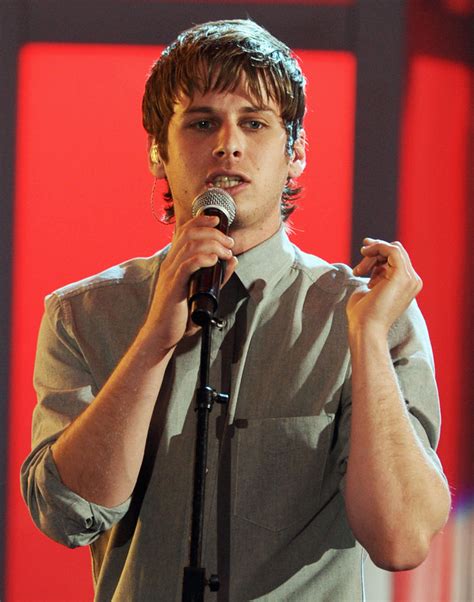Top 1200 Wrote Quotes & Sayings - Page 3
Explore popular Wrote quotes.
Last updated on December 23, 2024.
I was a Teletype operator in the army, so that's where I learned to type. One day, I went downstairs to see if I could still type - I hadn't done it for four or five years after the war. So I typed out a page and I showed it to my wife and she said, "Where did you get this?" I said I wrote it. "You wrote this?" It was something very funny. I went and wrote another page, another couple of pages, and by the time I was finished I had 13 little short stories, humorous short stories.
One wouldn't want to say that what makes a good writer is the number of books that the writer wrote because you could write a whole number of bad books. Books that don't work, mediocre books, or there's a whole bunch of people in the pulp tradition who have done that. They just wrote... and actually they didn't write a whole bunch of books, they just wrote one book many times.
I started off doing indie comics that I wrote and drew myself. I was doing those for ten years before I started to work for DC. The first book that I wrote for DC was for another artist. I did some backups in 'Adventure Comics' years ago starring The Atom. That's the first time that I ever wrote for another artist.
Ron Moore. He was the guy that on our show and Deep Space Nine wrote the best Klingon episodes. He wrote great episodes in general but he wrote the best Klingon episodes. I always could tell when he was going to write a Klingon episode because he was able to grow a beard really quick and I’d see him with the beard, like a Worf-beard, and I go "Ah, Klingon episode coming up!" and he goes "Oh yeah."
Everybody is different. Some writers can write reams of great books and then J. D. Salinger wrote just a few. Beethoven wrote nine symphonies. They were all phenomenal. Mozart wrote some 40 symphonies, and they were all phenomenal. That doesn't mean Beethoven was a lesser writer, it's just some guys are capable of more productivity, some guys take more time.
